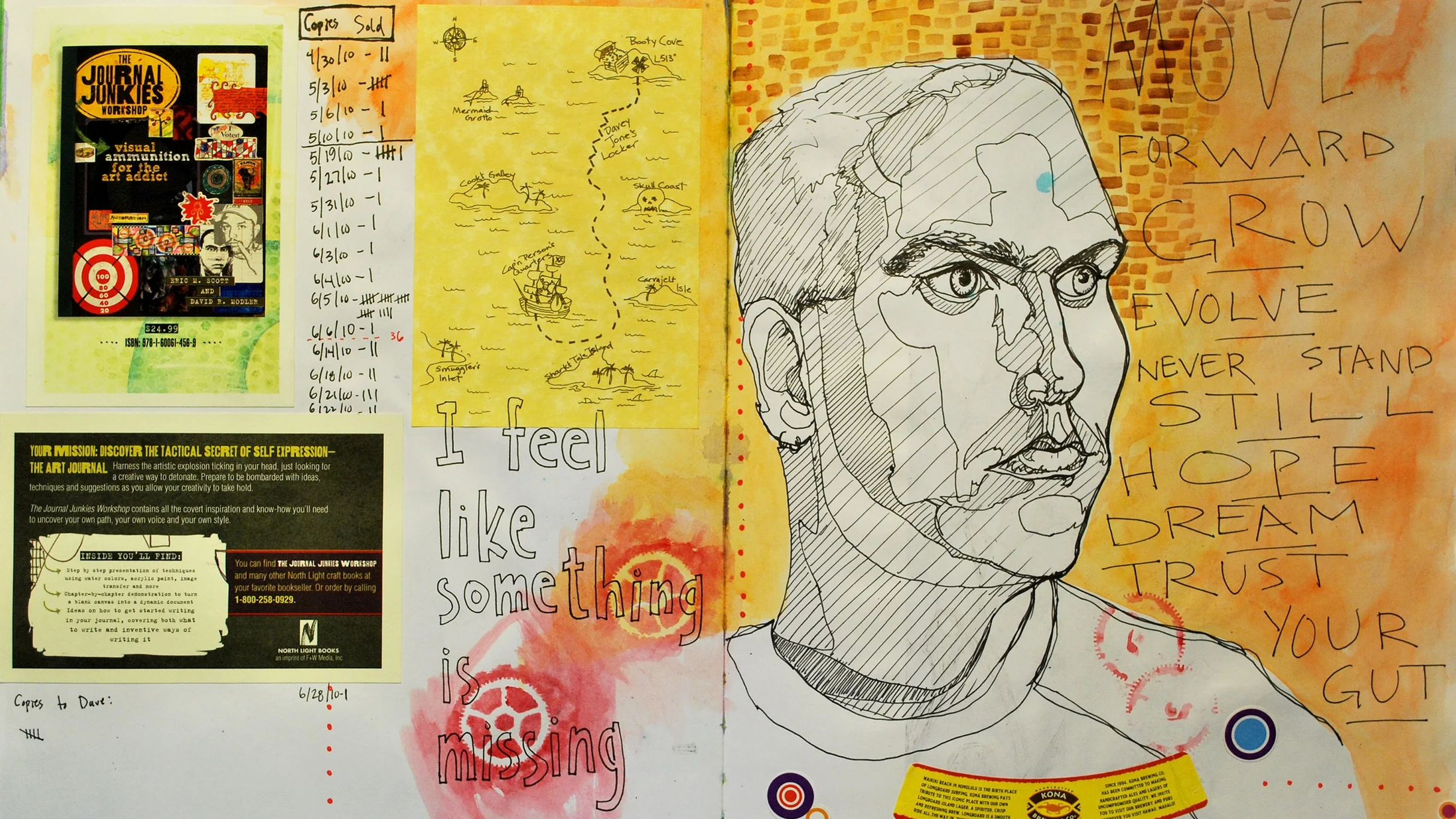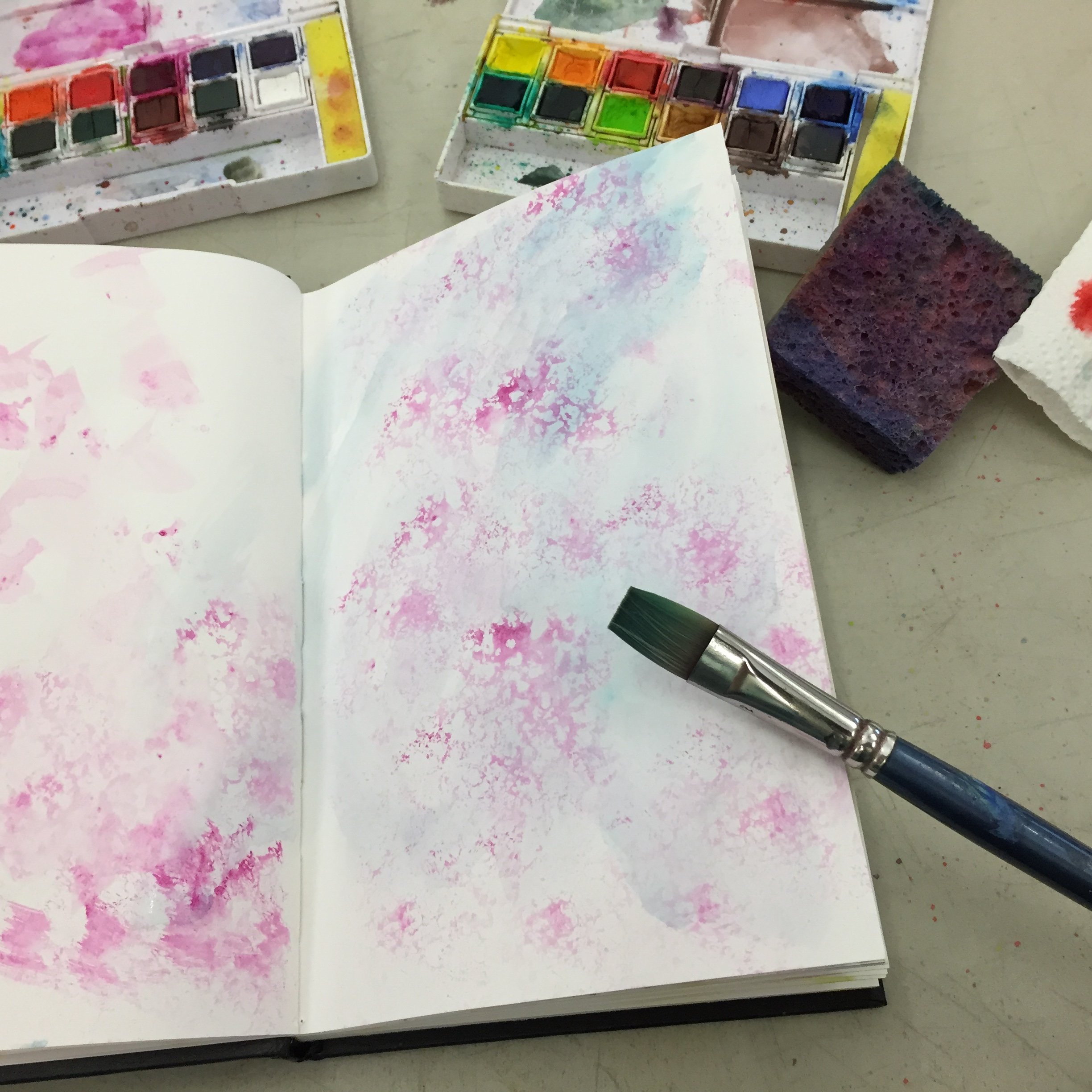I’m done hustling, and I’m done with the hustle. Now, I don’t mean the 1975 disco song by Van McCoy and the Soul City Symphony. I’m done with hustling when it comes to my art, my creativity, and my making a living.
Now you may think that adopting this attitude is a bad move for someone who is out there trying to make it on his own — trying to do the freelance, self-employed thing. After all we hear the word “hustle” all the time from the business sector, and the side hustle has become an established thing for folks to make a bit of cash on the side. Just go to Amazon, and look up the word “hustle” and search just the books. You’ll find book after book, mostly business related, that extoll the virtues of hustling and the hustle as a means of making it in business and entrepreneurship. You’ll find an equal number that tell you how you can make it big with your side hustle, as well. So there seems to be a lot of folks who believe that you have to hustle in order to get what you want.
However, I’ve come to dread the word, and I’ve used it plenty of times to describe my efforts over the past five years since I left teaching and went out on my own as an artist, creator, and instructor. For me, the word “hustle” has always rung with a certain negativity and has always left a bad taste in my mouth. Now others talk about their hustle in glowing terms and see it as something to applaud. They see it as a key to success, but I’m done with it.
Hustling over the past five years has left me tired and worn out, and it hasn’t gotten me very far. It has been the times when I’ve slowed down and taken a step back that I’ve actually made my biggest strides. I think that’s because, at it’s best, hustling is about being energetic and doing something with speed, but at it’s worse, it’s about being aggressive, forceful, and dishonest.
Though there are those that glamorize hustle and hold it up as the be all and end all of making it in the world today, I just can’t help wonder how we got to the point where we think that doing something as quickly as possible is always better. See, every definition of hustle mentions energy, force, or speed, but they tellingly leave out words like efficiency and effectiveness. I can’t help thinking about my elementary school math classes where students rushed through a practice sheet or a test just so that they could be the first ones finished and be the first to yell out, “I’m done.” There was never a reward or a prize at being the first one finished, and rarely did these students receive top marks, myself included when I hustled through the math problems, because inevitably, mistakes were made and problems missed.
We have this notion that we have to do something as quickly as possible. I know much of it has to do with capitalism and making money. After all, “Time is money,” people always say, but speed does not necessarily mean good. Yes, the experienced potter can throw a cup more quickly than the novice, but that speed is earned through diligence, practice, and experience. It’s not simple a matter of doing it quickly for the sake of doing it quickly. Yet we still praise speed, quickness of action, and hustle, and as our world has sped up and gotten more competitive, we have only gotten more enamored with hustle.
Besides the speed issue, there’s the whole implication of hustle as something aggressive, pushy, dishonest, and at worst, illicit. Do I really want to be seen that way be people that I’m trying to serve — people that I care about? I do want them to buy my art or take a class with me, but I don’t want to push, cajole, or harass them. I want them to do those things because what I do resonates with them. I’m not looking to push them away with aggressive marketing ploys and an endless stream of spam. Besides, hustling saps me of my energy, and it seems so inefficient as I end up expending far too much energy for far too small of a return.
So. I am done with hustling. It doesn’t mean that I’m not working hard or not working at all. I’m not sitting back and just letting things be what they’re bound to be. I’m simply devoting the time and the energy that I would to hustling into making better work and deeper work. I want to connect with folks on a deeper level and create a sense of community, not hustle for their attention. I want to serve these people, not market to them — not hustle them out of money.
It’s about connection and community and not about seeking attention, and so, I am done with hustling.




